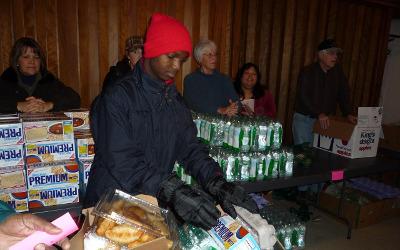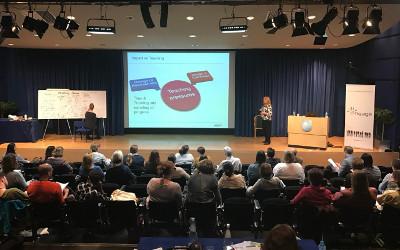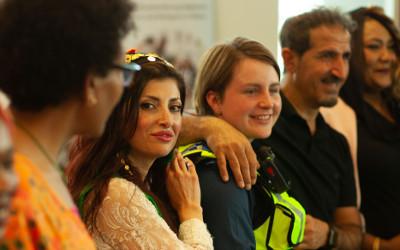Tackling Inequalities

Our passions drive our research, from tackling religious intolerance and online violence against women and girls to the inequalities LGBTQ+ people face, racial and ethnic educational disadvantages and unequal access and opportunities for disabled people.
Inequalities impact people’s lives at a structural (macro), socio-cultural, and personal (micro) level. We deliver change through multidimensional transformative research.
OU researchers work here because they believe in our social mission. They understand tackling issues such as migrant inequalities requires an intersectional approach because race and ethnicity are experienced through situated contexts, including poverty, education, gender, and geopolitics.
Our academics are campaigners and changemakers. They seek to understand and tackle inequalities by working together to bring the best knowledge and expertise to bear on our world's existential challenges. Our interdisciplinary team of researchers build long-term active collaborations with people, communities, non-governmental organisations and policymakers to transform lives, institutions and policy through robust research evidence that makes a difference.
Our passions drive our research, from tackling religious intolerance and online violence against women and girls to the inequalities LGBTQ+ people face, racial and ethnic educational disadvantages and unequal access and opportunities for disabled people.


